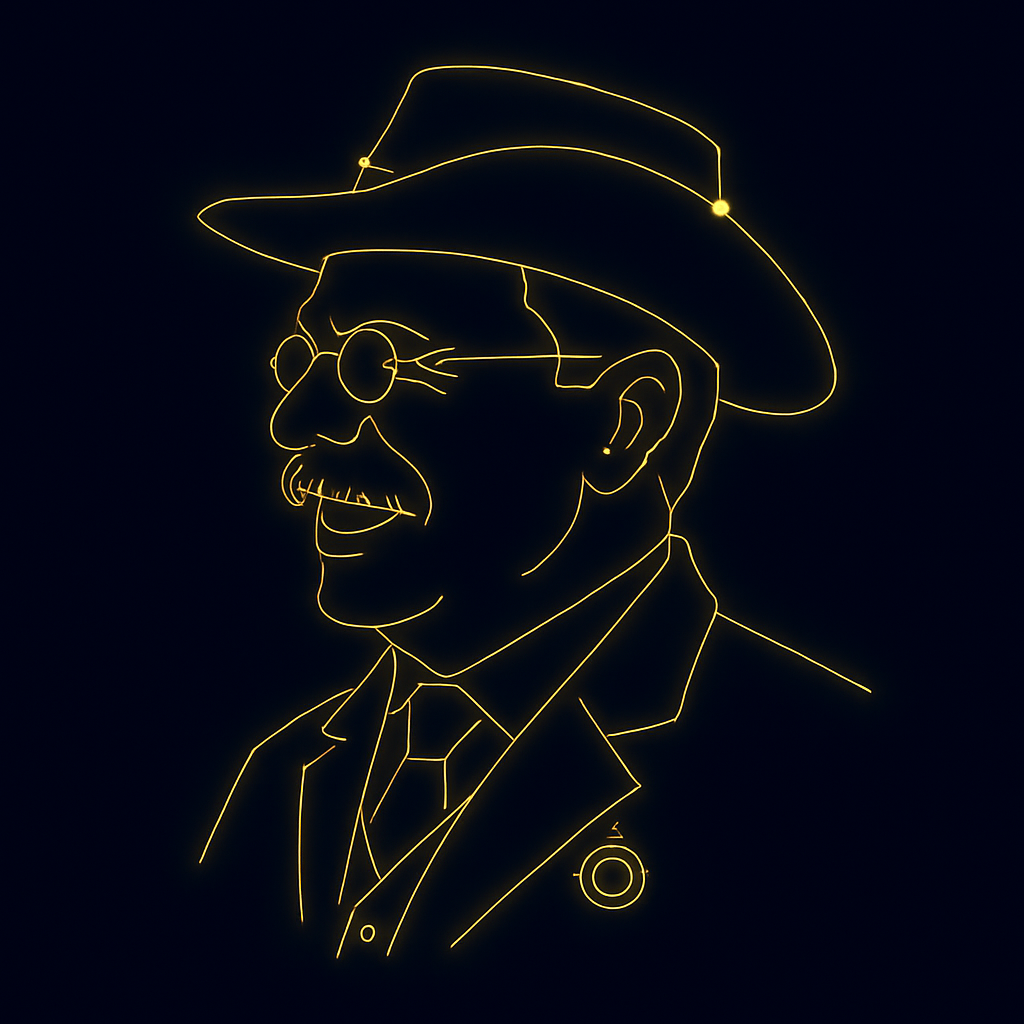The Genesis of Leadership
From the margins of history, leaders like Alexander Hamilton rose to forge a nation’s financial stability, while Abraham Lincoln steadied a divided union with resolute determination. These underdogs did not merely endure adversity, they reshaped it, crafting solutions that endured beyond their time. Their rise reveals principles that continue to shape transformative leadership.
Their achievements rested on six defining qualities: clarity of vision to pierce through chaos, a steady cadence of decisive action, the boldness to embrace calculated risks, rigorous documentation to establish authority, the foresight to build strategic alliances, and the ingenuity to turn limitations into opportunities. Hamilton’s detailed financial frameworks turned a fragile economy into a cornerstone of strength, while Lincoln’s persistent negotiations preserved a nation’s unity. These traits, proven across centuries, transformed potential into lasting legacies.
"Strength lies in the resolve to act where others hesitate."
The value of underdogs stems not from charity but from their demonstrated resilience and adaptability. Hamilton’s innovative systems and Lincoln’s unifying leadership exemplify how consistent, purposeful effort can yield enduring results, offering a model for confronting the uncertainties that lie ahead.
In the face of mounting global challenges, the need for such leadership grows urgent. The legacy of these qualities calls for individuals to step forward with discipline and vision, ready to guide society toward stability and progress.





